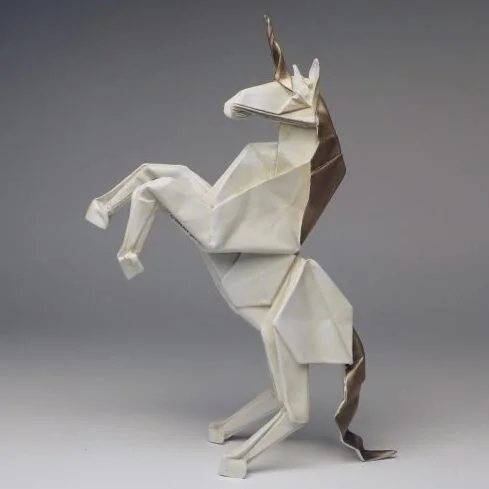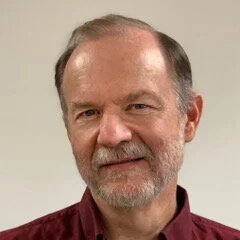Grammy Award-winning Composer MICHAEL DAUGHERTY on Metropolis & Tales of Hemingway - Highlights
/Multiple GRAMMY Award-winning composer
One of the ten most performed composers in America
“Architecture is frozen music,” as Goethe said…There is something about when you’re exploring not knowing exactly where it’s going to go or how it’s going to turn out which creates an element of surprise and an element of intrigue.



















